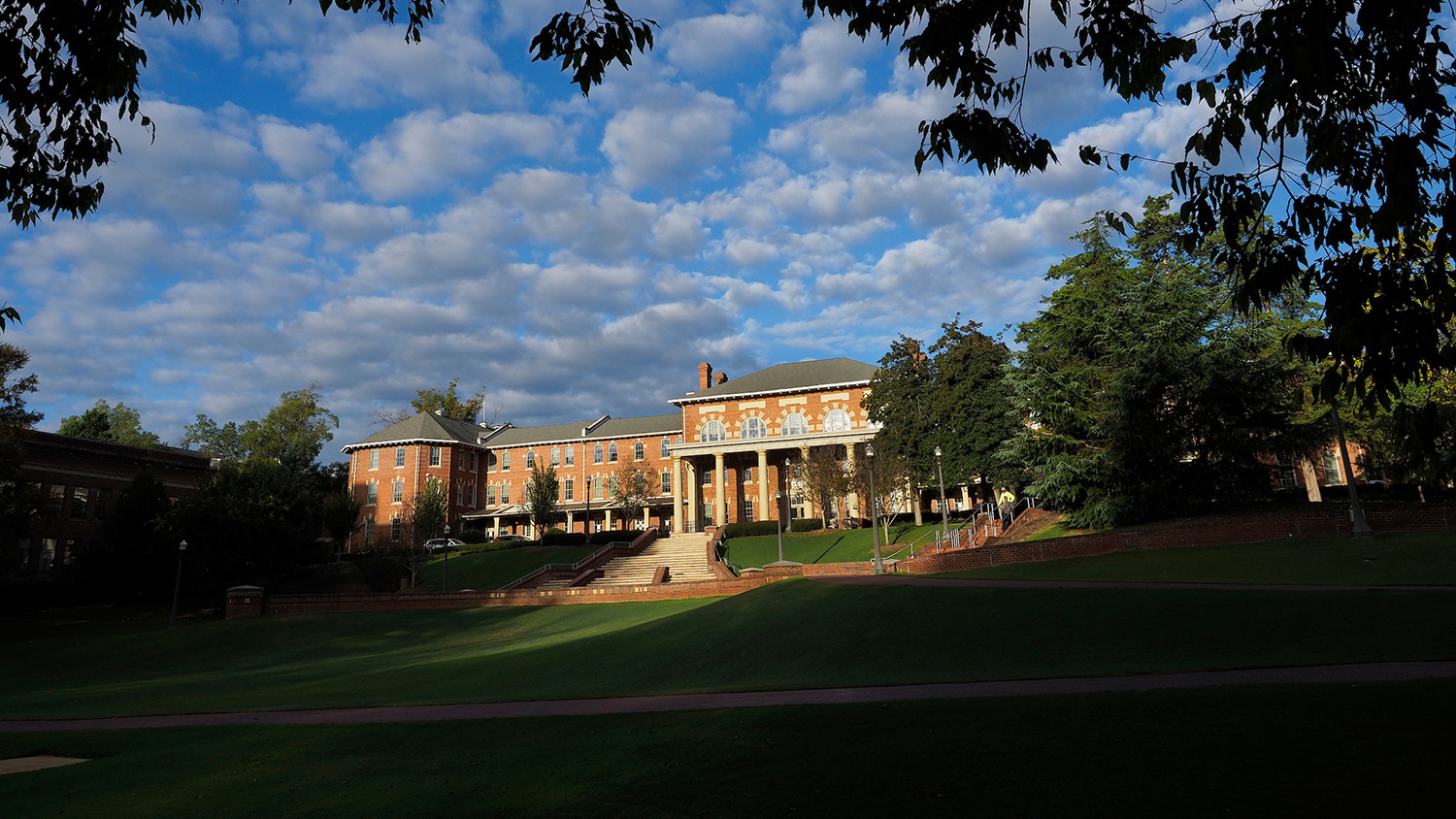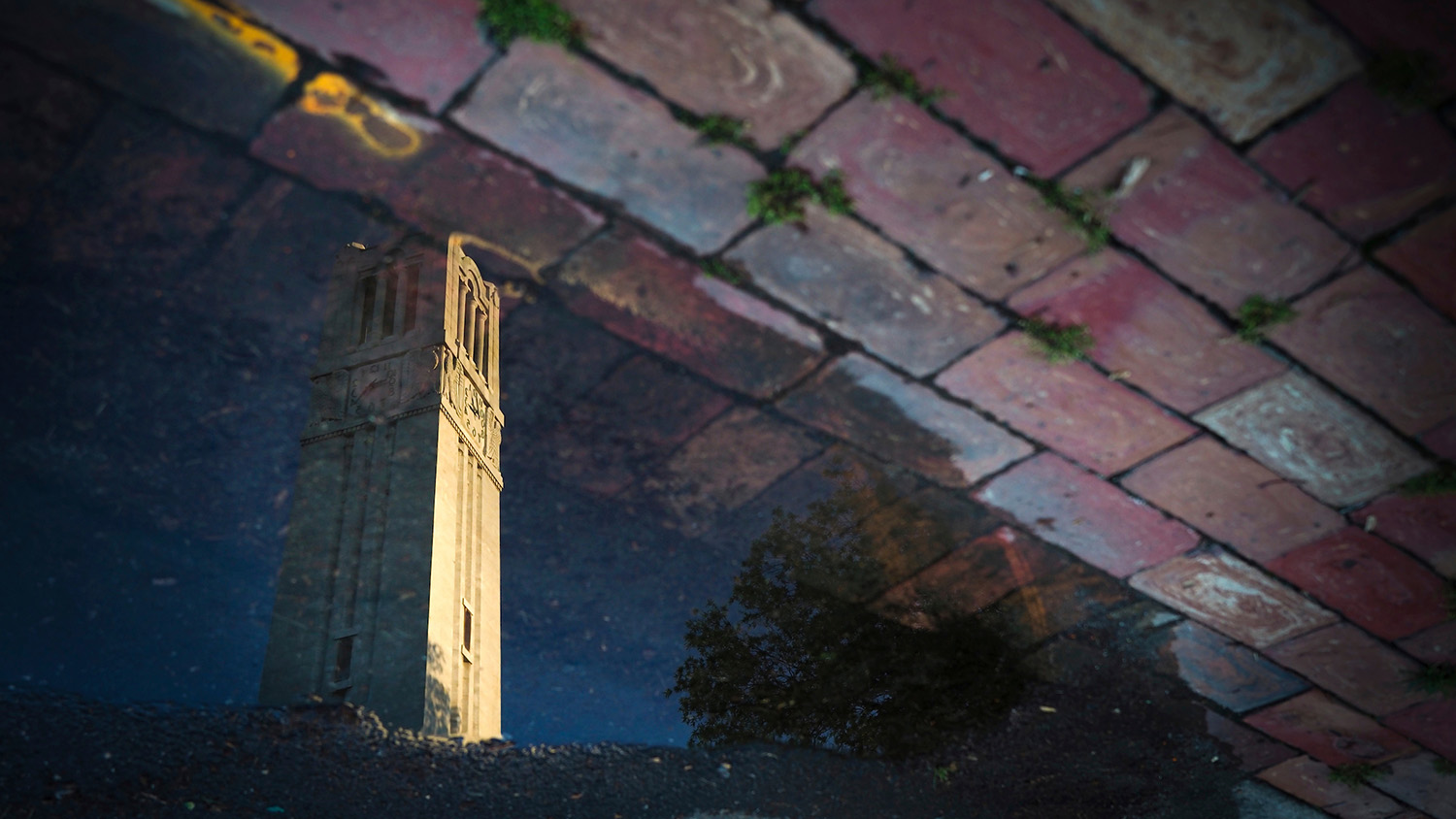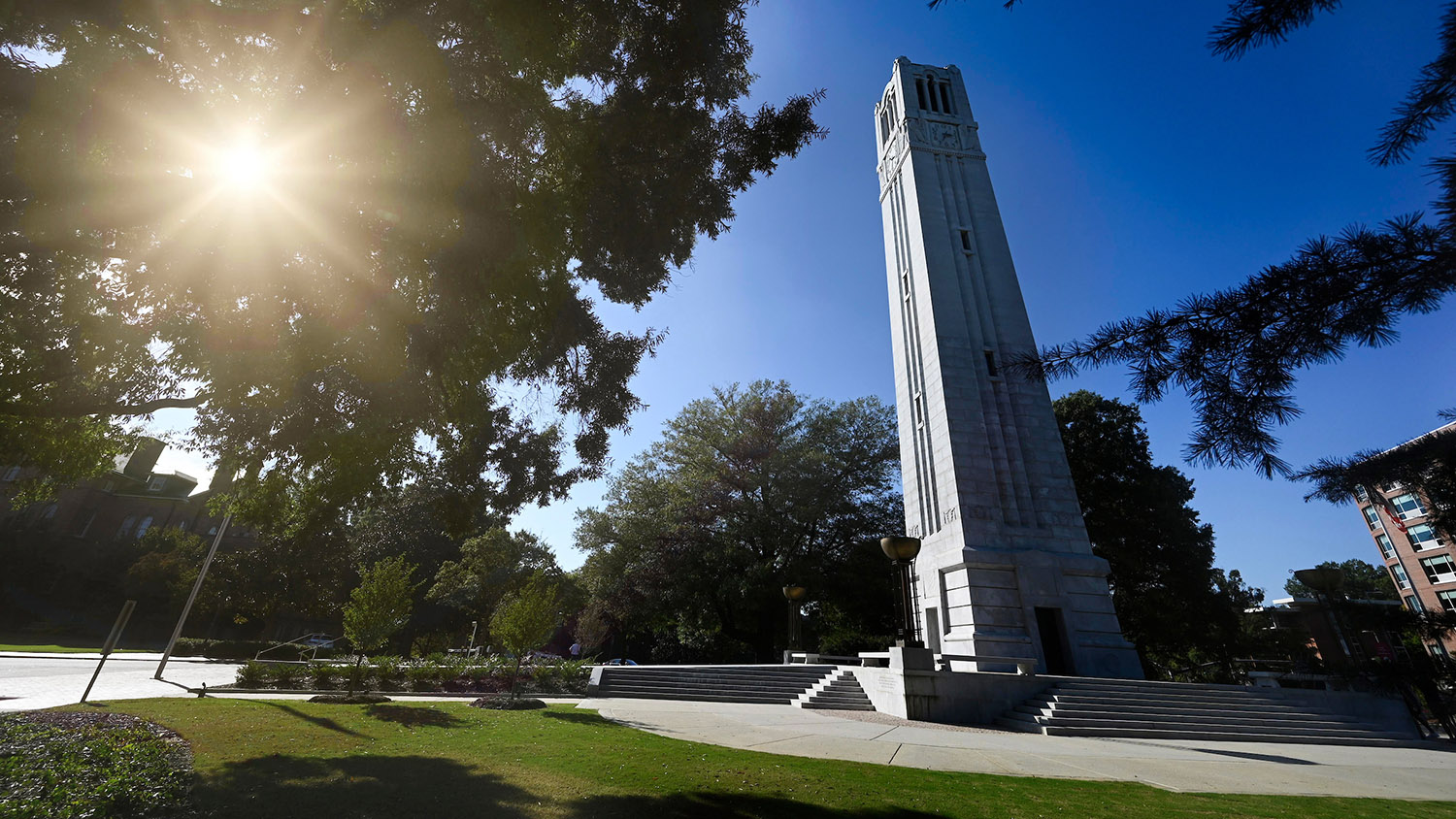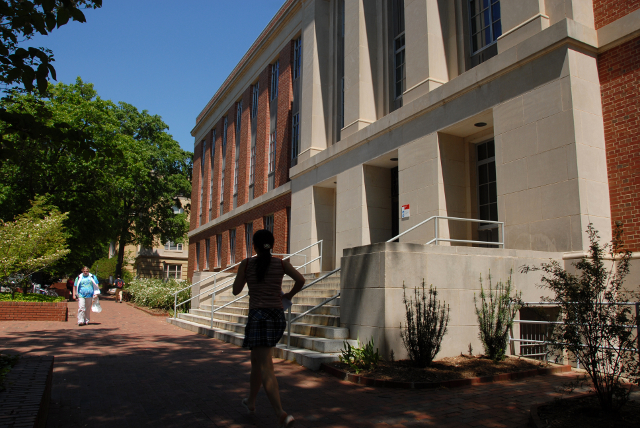Meet some of our graduates, who are applying their unique and valuable skills in doctoral programs around the world.
Alicia Johnson
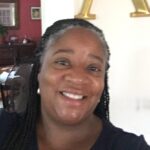
Alicia Johnson is pursuing a doctoral degree at Carnegie Mellon University in Pittsburgh.
What are you researching? What do you enjoy most about your research? What do you find most challenging?
My research focuses on African American history primarily from Reconstruction through the Progressive Era, and how Blacks organized and challenged their marginalization as part of U.S. society. This also includes how the Arts developed as part of, or helped in the development of movements that challenge the status quo for Blacks and other marginalized peoples, and how Black Americans inspired and are part of the development of international social and social justice movements. I enjoy that my research allows me the freedom to move within many disciplines from the arts, including art, drama, literature, dance and so on, to the study of socialist and labor movements. The most challenging part of my research is trying to explain what I am trying to accomplish by internationalizing African American history beyond U.S. history and Pan Africanism.
What is a typical day like for you as a doctoral student?
A typical day for me as a doctoral student is beginning my readings for the week at around 9am, and working until I need to leave for campus, usually around 1:30 on days that have classes. When I return home, I continue my readings until about 8pm, at which time, any further reading would be pointless. Into this mix, I must be certain to eat, walk and feed the dog and amuse my cat, and speak to each of my kids when they call no matter what I am doing. I also try to incorporate in a walk daily, a trip to the museum when I can, and some other form of down time to keep sane.
How did the MALS program at NC State prepare you for your doctoral degree?
The MALS program prepared me for a doctoral degree by building my confidence as a student and scholar. The support I received, even when professors did not necessarily understand what I was trying to accomplish, was critical to recognizing that scholarship is developed and not just regurgitated. It gave me the confidence to pursue research and ideas that, had I been part of a more traditional graduate program, may not have been possible or even allowed. This freedom was key to my success in the program and to preparing me for a doctoral program, where at some point all of my work and research will depend on my freedom and ability to develop my own scholarship.
What was your favorite part of the MALS program?
My favorite part of the MALS program was meeting and getting to know people from so many other different disciplines and levels of education. I took courses with a graduate component that included mostly undergraduates, as well as a course with doctoral students focusing on university administration. This variety was a welcome surprise that added to my experience in the MALS program.
What advice do you have for students considering pursuing a doctoral degree?
I guess I would say believe in yourself and your scholarship.
Jeffrey Leonard
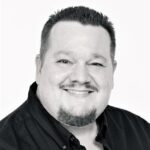
Jeffrey Leonard is pursuing a Ed.D. in Community College Leadership at NC State University as part of the 2021 Cohort.
What are you researching? What do you enjoy most about your research? What do you find most challenging?
My research is currently focused on workforce development and continuing education. What I enjoy most about my research is its emphasis on the development, or enhancement, of skills for members of local industries and businesses (particularly in Wake County). The most challenging aspect of my research comes from juggling my work at Wake Tech, my studies, and my home life. There are sacrifices of course, but you establish as much balance as possible and press on!
What is a typical day like for you as a doctoral student?
A typical day in the life of a doctoral student, for me, begins with planning out your day and allowing space for the unknowns. In all honesty, I usually plan out the week ahead of time by sitting down with my calendar and planning accordingly. My top priority has always been family, so I make sure that I set aside time with them. On the other hand, Wake Tech also depends on me to perform my job at a consistently high level and I work hard to provide that level of performance. The time that remains is managed very carefully as it is important to me to meet the expectations of the doctoral program. In all, it’s not easy…but I knew it wouldn’t be. I do, however, look forward to walking across the stage once I earn my doctoral degree.
How did the MALS program at NC State prepare you for your doctoral degree?
The MALS Program at NC State helped prepare me for my doctoral degree by providing a unique combination of academic rigor with very good instructors. Names which immediately come to mind are Dr. Bob Patterson, Dr. Jessica Jameson and Dr. Keith Earnshaw. The MALS Program will always hold a special place in my heart!
What was your favorite part of the MALS program?
My favorite part of the MALS Program was the flexibility allowed as it pertains to coursework and as a full time employee. I attended most courses in the evenings after work and took courses which were challenging, yet engaging.
What advice do you have for students considering pursuing a doctoral degree?
My advice for students who are considering pursuing a doctoral degree is as follows: 1) Believe in yourself – I questioned myself many times throughout the process. Soon, however, I found that I had a lot to bring to the table and to the program for which I applied. 2) Acknowledge the time commitment – If you have family, you’ll really need to talk this through. You’ll need their support as they too will sacrifice. 3) Be prepared to “sell yourself” – There’s only one you! No one else has had the same experiences you have (MALS Program included)! So, be prepared to put your best foot forward, put on that business attire, and give it your best effort. 4) Know when to speak and when to listen – Listen carefully to what administrators are asking, what others are saying, and then give a clear and insightful response. Conversely, if a question or topic arises that you feel strongly about, speak up and make it count! 5) Use your time wisely and plan accordingly – Take the time to plan out your days and weeks. Note important deadlines and maintain an accurate calendar. If life gets in the way (and trust me it will), be flexible and communicate with your job, your program, and your family often.
Alvine Kapitako

Alvine Kapitako is pursuing a DrPH (doctor of Public Health) at Teesside University in the United Kingdom.
What are you researching? What do you enjoy most about your research? What do you find most challenging?
I’m only starting my second semester at the end of January and so far I’ve been doing coursework. This will go on until May 2023 and then I will start with my research. I have a few ideas in mind but I’ve still not finalized my topic or discussed it with a supervisor as we are yet to be assigned research supervisors.
What is a typical day like for you as a doctoral student?
I chose the full-time online option which allows me to do my work at my own pace. I have the option of attending live sessions or listening to the recorded lectures. But, I still have to meet assignment deadlines which are usually towards the end of the semester and also mid-term. I’ve had a busy first semester with three classes weekly (including extra reading in order to participate in discussions online). I dedicate at least 20 hours a week towards this program, mainly researching assignments and preparing for the submission of papers and presentations.
How did the MALS program at NC State prepare you for your doctoral degree?
Through the MALS program I was able to design the curriculum I wanted to pursue a career in public health. I was able to take classes that steered me towards that direction and I believe that this qualification played a significant role in me being accepted into the DrPH program. While I had a fairly strong public health background through my career as a health journalist my first two degrees prior to MALS are in communications. The MALS program steered me more towards a public health pathway, so to speak!
What was your favorite part of the MALS program?
The fact that the program is interdisciplinary. I also loved the fact that the professors and Director of the MALS program were always willing to guide me when I had questions. I enjoyed the MALS seminars as well and again the seminars were interdisciplinary in nature. They basically touched so many aspects of different fields of studies and I could always link it back to public health. I also met great people who were inspiring such as my great friend, Carol Sullivan-Riddle.
What advice do you have for students considering pursuing a doctoral degree?
I would advise students to research the different programs and schools out there and see how they fit with their career plans. Also, I believe that if you really want something and work towards it you will achieve it. So, they should just follow their dreams. If you can dream it you can achieve it!
Isabel Velasco
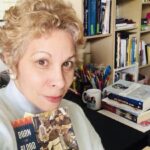
Isabel Velasco is pursuing a doctoral degree at the University of Pittsburgh.
What are you researching? What do you enjoy most about your research? What do you find most challenging?
A nineteenth-century female author from Colombia / nineteenth-century newspapers and nation building.
I really enjoy reading newspapers and nineteenth-century literature. Nation building is a topic that really interests me. I am writing my dissertation about the role of Colombian women writing about the nation through their literary works.
In my case every single class has been a challenge since I was 48 when I began my PhD. Being a graduate student and having a family requires a balance but at the same time I am grateful to find support and a way to escape from the academic work by enjoying simple things at home. Writing the first chapter of the dissertation was a real challenge but gave me the strength and the joy to continue with the second one that I am currently writing.
What is a typical day like for you as a doctoral student?
I used to take three graduate classes each semester. For a year and a half, I have only been working on my proposal and then dissertation writing. Of course, being a TA has always kept me busy with the teaching part (the part I love the most). I don’t live close to campus, so I take 4 buses three days a week. I arrived at campus around 8:30 am and when I was taking classes I used to leave campus around 6 pm. The computer lab at the Alumni Hall was my kind of home during those days where I could work, buy a good coffee and talk to my favorite people (it is crazy that they are not even people from my department, they are from the French department). After a long day, every time I got home, I dedicated time to family and enjoyed activities such as making dinner, listening to my daughter’s school stories, and relaxing through meditation or simply talking on the phone with my mom or siblings. Nowadays I am home earlier, and dissertation writing keeps me busy but I always find moments for fun time which includes watching my favorite team, the Pittsburgh Steelers, when they play.
How did the MALS program at NC State prepare you for your doctoral degree?
The MALS program gave me confidence in myself. Dr. Garval and each one of my professors at that time made me feel worthy and capable. I am so grateful to the Program and to each one of them.
What was your favorite part of the MALS program?
I enjoyed taking classes from different departments and meeting people from different backgrounds in academia. Every single class was a gem. Being able to choose and enjoy the way was the best part of the MALS program for me.
What advice do you have for students considering a doctoral degree?
I would say have passion for the program you are going to embrace because you will need it during the harder times. If you have the opportunity to teach during those years, teach with all your heart and try to become a mentor to your students. The teaching part has been a beacon for me in my darkest days and will be very important for those of you who will join colleges or universities as professors in the future.
- Categories:
